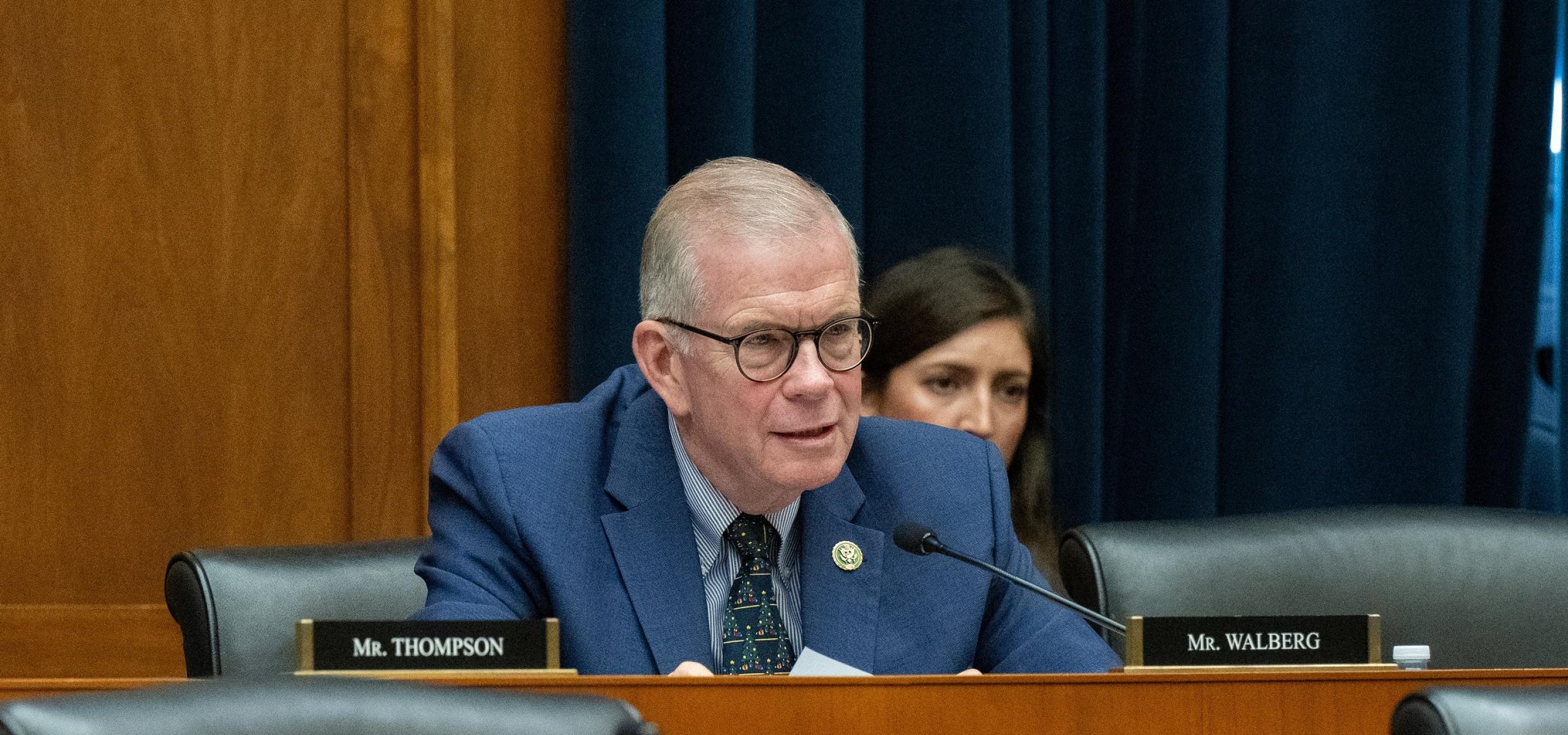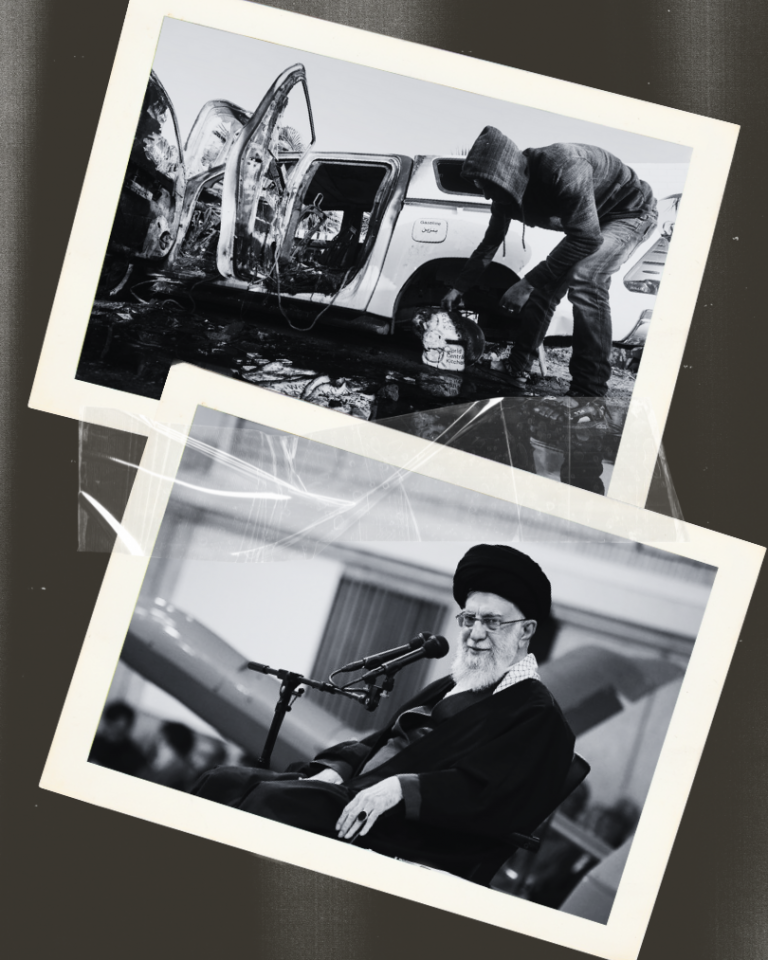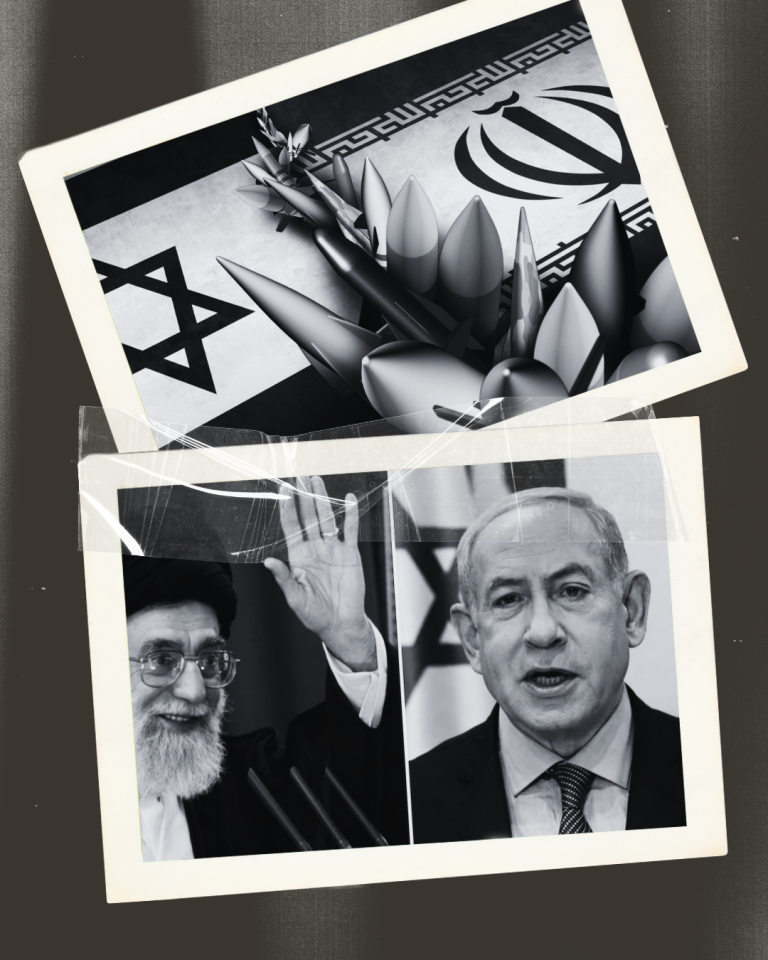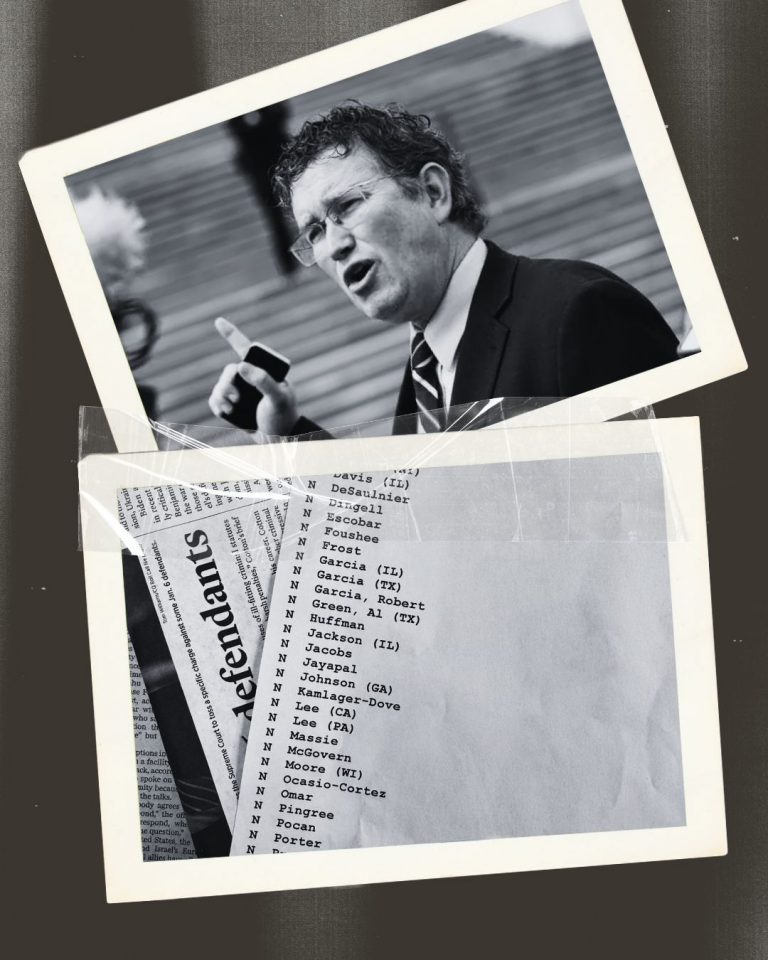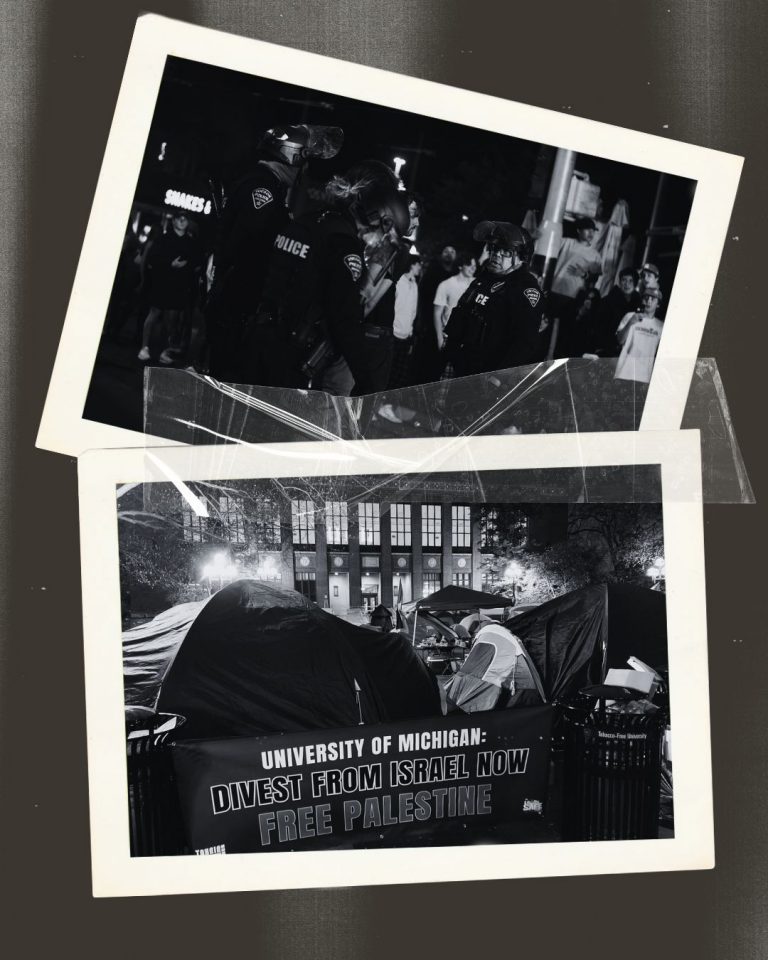Politicians Say the Dumbest Things
Politicians and Their Love for Hyperboles
In the quaint setting of a Michigan town hall, Republican Representative Tim Wahlberg delivered a proposal that would have made Hollywood directors envious. Wahlberg, caught on an undercover video, suggested a solution to the Gaza conflict reminiscent of World War II’s nuclear bombings. Yet, he later clarified these comments were metaphorical, sparking a mix of confusion and concern. Imagine people actually voted for this guy, he probably couldn’t qualify to be a cashier for Quick Trip.
The Art of Metaphorical Diplomacy
Wahlberg insisted his alarming reference to nuclear bombings was a metaphor, aimed at discussing the swift resolution of conflicts. This explanation added an unexpected layer to the already complex discourse on international aid and conflict resolution. Wahlberg’s comments, and the subsequent clarification, offer a glimpse into the perplexing world of political rhetoric, and the daunting clutches of zionism grasping at his testicles. I consider myself a fair man, I would say that is quite the predicament.
Rashida Tlaib and the Scale of Outrage
The uproar following Wahlberg’s comments contrasts sharply with reactions to Rashida Tlaib’s advocacy for Palestinian rights. This disparity in response highlights a curious scale of outrage within political discourse. It seems advocating for drastic military measures invokes less criticism than championing humanitarian efforts. Of course, accolades and having millions of dollars is far more cooler…even if it means you’re in a coma ability to enjoy it. You still have to appease the cool crowd 🙄
Swift Victories and the Cost of War
Wahlberg later elaborated on his statement, advocating for quick victories in conflicts involving Israel and Ukraine, without American military involvement. This perspective, while aimed at reducing American casualties, overlooks the broader implications of such “swift” resolutions.
Humanitarian Aid vs. Nuclear Solutions
Wahlberg’s opposition to U.S. aid for Gaza, amidst discussions of nuclear options, raises questions about priorities in foreign policy. The choice between humanitarian aid and militaristic solutions presents a stark dichotomy, reflecting a deeper debate on the role of the U.S. in global conflicts. But why should that be surprising, it’s a typical flagship to abroad to lend a “save a life” while miles away Americans could’ve used the helping hand. it’s all about “looking cool” America is becoming the classic impoverished suburban
The Reality of “Kill Zones”
Revelations about “kill zones” in Gaza, as reported by Israeli soldiers, paint a grim picture of modern warfare. These areas, where crossing an invisible line can be lethal, highlight the severe challenges facing civilian populations in conflict zones.
Navigating Political Discourse
Wahlberg’s remarks, metaphorical or not, underscore the complexity of political language and its impact on public perception. The episode serves as a reminder of the careful navigation required in political discourse, especially when discussing sensitive global issues. Words matter.
The discussion surrounding Wahlberg’s comments reflects broader concerns about language, policy, and the ethics of conflict resolution. It emphasizes the need for thoughtful, measured discourse in addressing the world’s most pressing challenges, avoiding hyperbolic solutions that history has taught us to fear.

